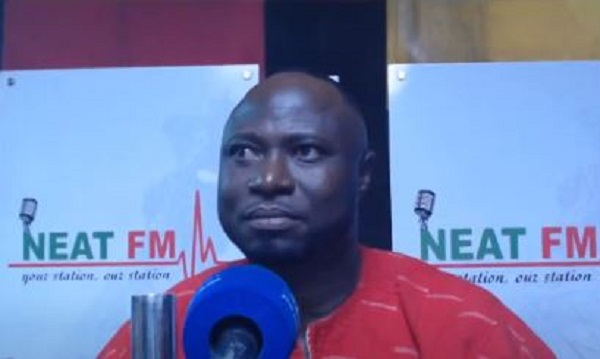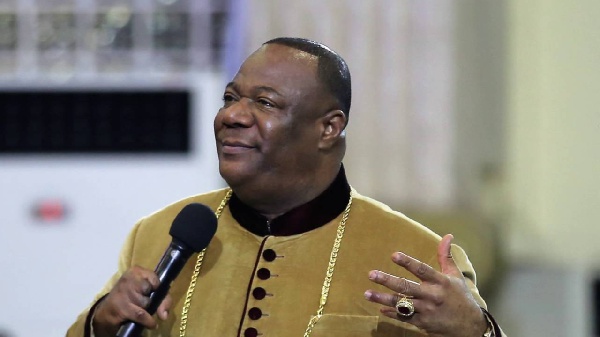
‘Market distortion’: GIBA big shot explains opposition to StarTimes deal

A big shot at the Ghana Independent Broadcasters Association (GIBA) has explained that their opposition to the StarTimes-government satellite deal is informed chiefly by its potential to distort the pay TV market.
Dr Chief Crystal-Djirackor, who is the Chairman of the Council of Elders of GIBA, is urging the government to facilitate and build capacity for all players in the sector equally, instead of giving the Chinese satellite TV operator an edge.
“If you have a roadmap [to roll out Digital Terrestrial TV nationwide]…and then government supports somebody…[it] will distort the market process.
“We have seven free-to-air satellite licences in Ghana including MultiTV, we have eight pay TV licences…if you give such a support to on pay TV, who are going to be charging ¢15 Ghana to after six months, you are only distorting the market,” he explained on Joy FM/MultiTV news analysis show, Newsfile.
He stressed that a local firm like K-NET has the capacity to smoothly roll out the DTT infrastructure if given the opportunity.
GIBA opposition

GIBA is in arms against the government over what it believes is a crafty attempt to hand over Ghana's DTT infrastructure to a third party, StarTimes, to manage.
The Association of indigenous broadcasters in a described an agreement between the government and StarTimes dubbed 'Access to Satellite TV for 300 Villages in Ghana Project’ as inconsistent with a roadmap for the DTT migration, suggesting that the deal is part of the grand scheme by the government to serve the interest of the Chinese company for political expediency.
The ‘300 village satellite TV project’, according to Communications Ministry, will benefit 6,000 households drawn from 300 villages nationwide.
According to the Ministry, the project is aimed at helping Ghanaian citizens to access TV information on national and international events and programmes that would educate and inform them, but GIBA says the project as a ruse to slip in the Chinese company to manage the DTT migration.
Poor engagement
Shedding light on GIBA's strong stance against the engagements between StarTimes and government on Newsfile Saturday, Dr Djirackor blamed the Communication Ministry for failing to engage the key players in the satellite TV space on the digital migration drive.
He explained that the Ministry's poor engagements with important institutions, like the National Communications Authority (NCA) is poor and was fuelling suspicion that government had a sinister plan.
"The thing is what StarTimes is bringing into the country, have they investigated it? I have one. The boxes have StarTimes licences...even if it is freely given then you are closing the door to MultiTV [an indigenous pay TV satellite operator]," Dr Crystal-Djirackor stated.
DTT migration
The International Telecommunications Union (ITU) directed governments in the world to migrate from analogue broadcasting to digital by June 2015. A number of countries have been able to migrate including some in Africa but Ghana, one of the most technologically advanced countries in Africa, has missed the deadline many times.
The Communications Ministry in October 2015, signed a contract with K-Net Limited for the rolling out of the DTT project which demanded the completion of the DTT network within 12 months.
The Ministry of Communications under the current government has said the DTT project handed over to it was to be undertaken in three phases and financed from “internally generated funding from the sale of national radio frequency spectrum auctioned by the National Communications Authority to enable that Ghana met international deadlines for digital migration.”






